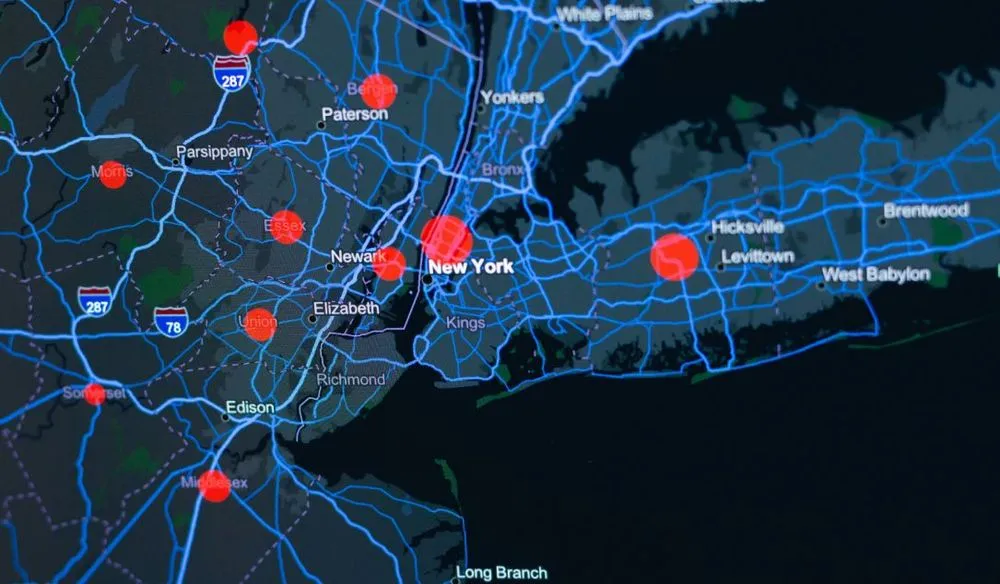Oregon becomes second state to ban sale of precise geolocation data
The Oregon state legislature on Tuesday passed a law banning the sale of precise geolocation data, making it the second state in the country to have greenlit such legislation.
Maryland passed a similar bill last year that will take effect in October. Both bills also ban the sale of data belonging to children — Maryland for children under 18, and Oregon for children under 16. Although there is a federal Children’s Online Privacy Protection Act, the two state bills go further than it because the federal law only bans the sale of data for children under age 13, according to Matt Schwartz, a policy analyst at Consumer Reports.
The precise geolocation ban in Oregon’s bill also is stringent, banning the sale of data showing an individual’s location within 1,750 feet. The bill strengthens an Oregon comprehensive data privacy law passed in 2023.
A second state passing such tough data privacy legislation, particularly around geolocation data, could be a significant factor in pushing other states to do the same, Schwartz said.
“It shows that lawmakers are taking location privacy very seriously,” he said. “People are creeped out by having their precise location data tracked and lawmakers will take action to address that.”
Similar bills are now being debated in Maine, Massachusetts and Vermont, Schwartz said.
However, a bill with similar provisions recently failed to advance in the California State Assembly.
The governor of Texas also signed an important bill involving children’s online safety on Tuesday despite a lobbying call he reportedly received from Apple CEO Tim Cook.
That bill mandates Apple and Google verify app store customers’ ages, creating red tape for the tech companies. Twenty states have considered similar laws, and in March Utah became the first to pass one.
Texas Attorney General Ken Paxton has said the bill is designed to put “tools in the hands of parents to make decisions for their own children.”
Suzanne Smalley
is a reporter covering digital privacy, surveillance technologies and cybersecurity policy for The Record. She was previously a cybersecurity reporter at CyberScoop. Earlier in her career Suzanne covered the Boston Police Department for the Boston Globe and two presidential campaign cycles for Newsweek. She lives in Washington with her husband and three children.



